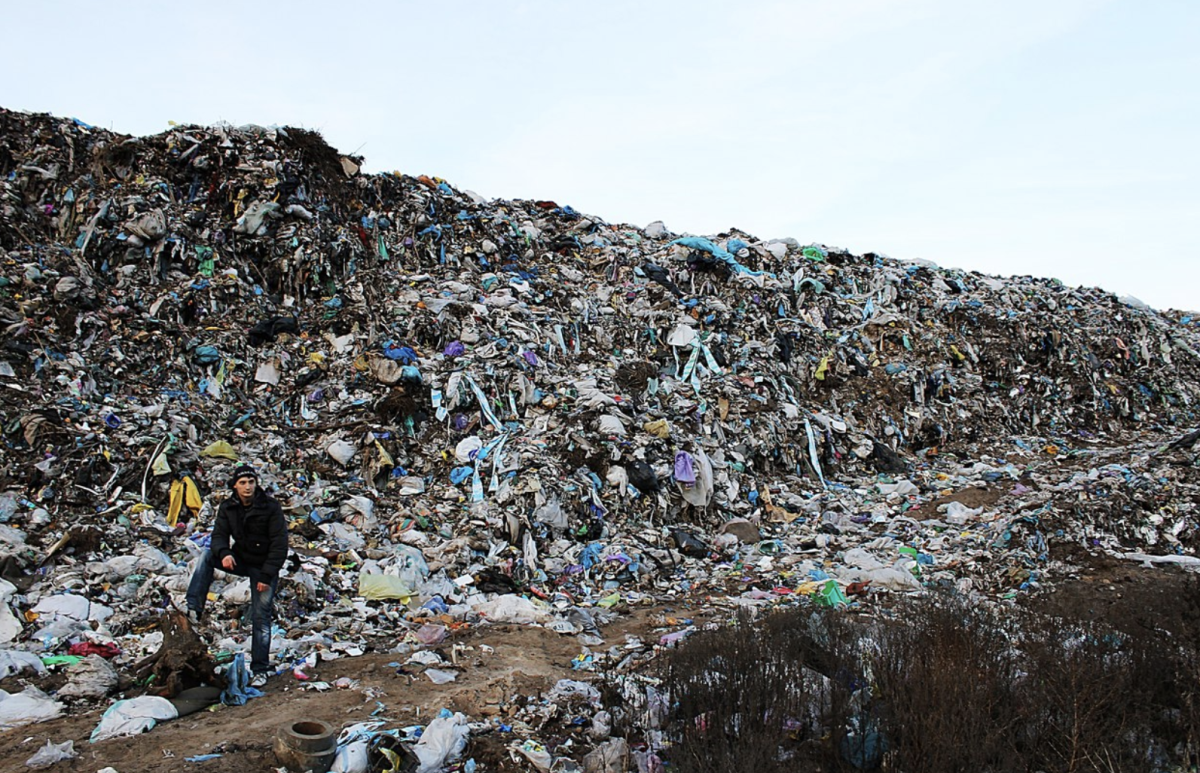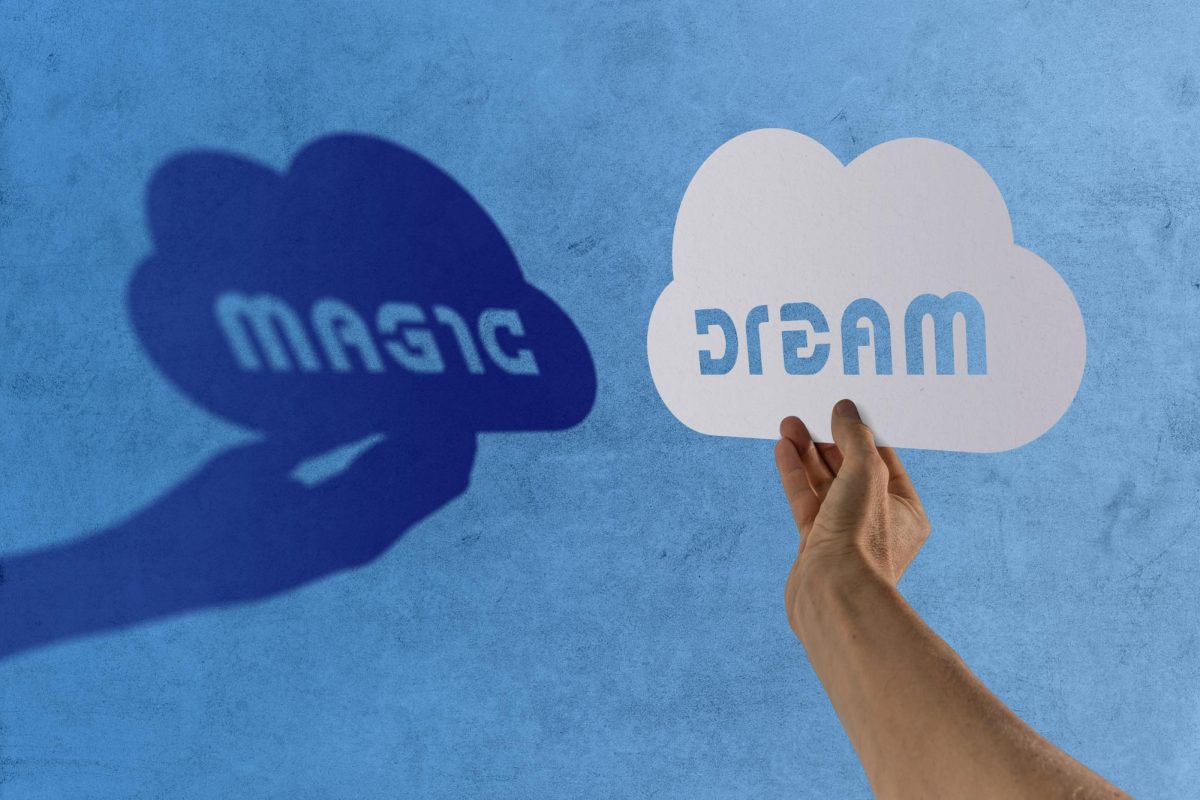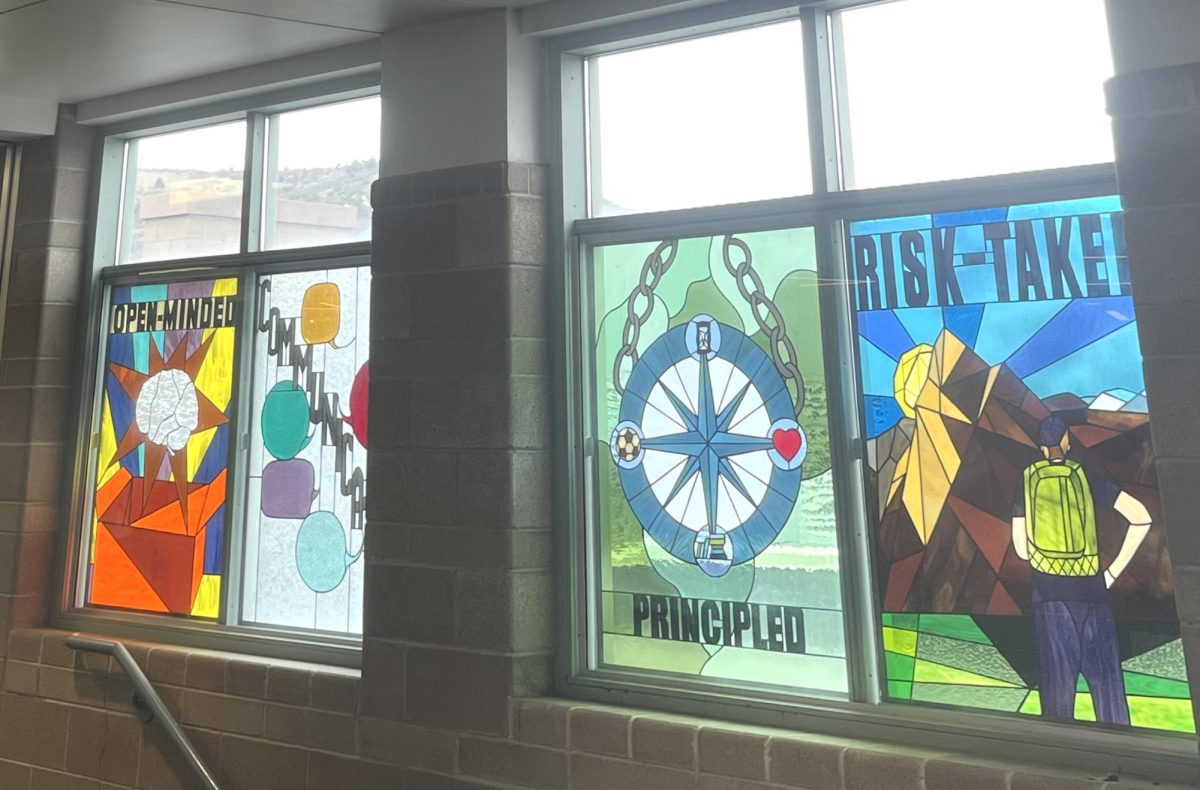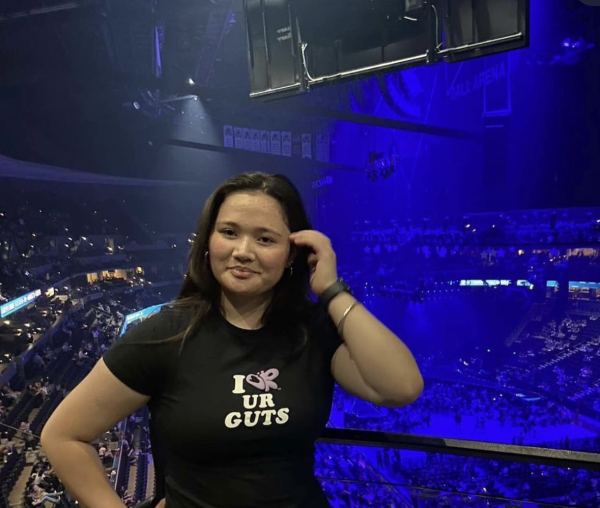With more people realizing their impact on the world and just how much an individual contributes to the environment, there has been a shift to a more ethical way of shopping. We are the only species that exists that is clearly able to discern between being evil and good, but we don’t use it. This year, in 2025 alone, over 10 billion animals have been killed in the U.S. for food, according to Animal Clock.
Ethical shopping may seem like it’s more expensive; however, in the view of clothing, more ethical brands typically last longer – they use stronger, more ethical materials and tend to get more out of the money spent. Ethically sourced foods are also typically healthier and much better for you.
“Ethical shopping is important for the environment, especially when considering sweatshops,” DRHS senior and president of the environmental club Ana Janković said, “Social equity and socioeconomic equity, most people are paid very little money, less than a workable wage.”
Often the cheapest way to shop ethically is to buy used, and when you do, it keeps the clothing out of landfills. Thrift stores, Depop, and Etsy are all very good places to buy used ethical clothing.
“Anything that is made to be short-term disposable, I look at as being an environmental issue” DRHS science teacher Jonathan Hebel said, “Microplastics are a major pollution problem in all ecosystems, but especially aquatic systems. Most of the cheaply made clothes are produced with synthetic materials that do not decompose well in nature and are causing inherent problems. This is one of the many costs of a disposable society, but most people only look at the short-term point of view and not the long-term impact.”
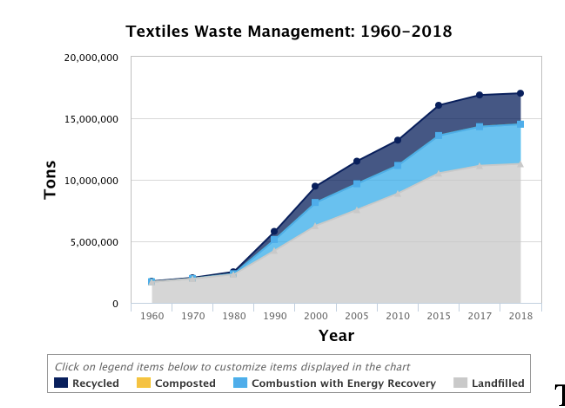
If you’re looking for new clothes, either due to preference or need, there are many brands out there for ethical clothing. Brands such as Kotn, Sézane, Reformation, and Oliver Logan, are just a few of the many ethical brands —you can find more here at The Good Trade.
Ethical shopping involves the consideration of social, environmental, and economic impacts that the clothing and other items may have. Some things to look for are certifications and products with labels such as Fair Trade or B Corp. You can also research brand products or read the company policies and labor practices. Avoid greenwashing or making an unbacked claim to sustainability; you can easily avoid this by looking into brands that are more transparent.
When shopping, you have to do research if you want to move toward more sustainable and ethical shopping. To make sure that you are getting a guaranteed ethical brand, you can download apps, such as Ethical Consumer.
Ethical shopping is not just about clothing, it also transfers to food. Farmers markets are a good way to support local industries, or you could even start your own garden at home. However, if you do not have access to farmers markets, stores such as Trader Joe’s, Natural Grocers, Sprouts, and Whole Foods, are just a few of the more ethical ways of shopping.
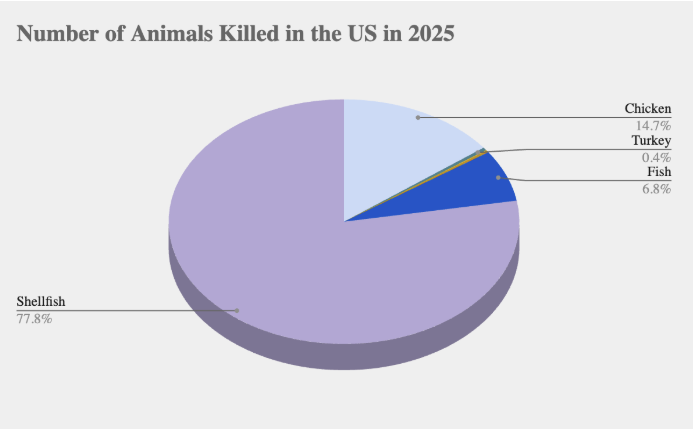
Building organic food is another way to shop ethically at a local grocer. Organic food means higher levels of animal welfare, lower levels of pesticides, and no use of antibiotics. Choosing plant-based options offers a better way to lower your environmental impact. Labels are also important in food resourcing, looking for labels such as Fairtrade and Organic.


